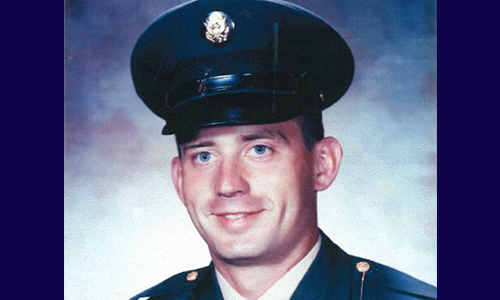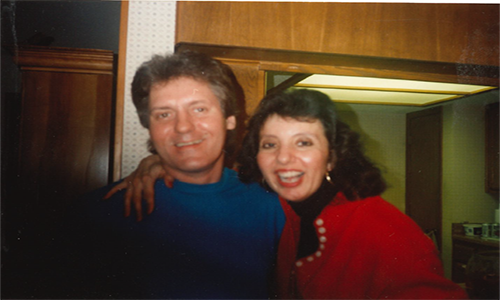Project Enlist
Frequently Asked Questions
What is Project Enlist?
Project Enlist is the Concussion Legacy Foundation’s program serving as a catalyst for research on military Veterans with TBI, CTE and PTSD by rapidly increasing the number of Veteran brains donated to brain banks for study. Brain bank research is an essential step in developing effective treatments for TBI, CTE and PTSD so we can protect and support the heroes who courageously fight for our nation. Learn more here.
What happens after I pledge to donate my brain?
After you pledge to donate your brain, you will receive a Project Enlist brain donor card and informational packet in the mail within three weeks. Share the donor card and brochure with your family and let them know of your wishes. Then keep the card in your wallet as you would a traditional organ donor card.
Is my brain donation pledge binding?
For legal reasons, your pledge is not binding; the final decision to donate will be made by your next of kin. Therefore, it is essential to discuss your intent to donate with your family.
How does the brain donation process work?
In the event of your passing, your next of kin will follow instructions on your brain donor card to contact the US Department of Veterans Affairs-Boston University-Concussion Legacy Foundation (VA-BU-CLF) Brain Bank donation coordinator (available 24 hours a day, 365 days a year) via the emergency pager at 617.992.0615. The donation coordinator will arrange the tissue collecting by a local diener near the locality where the donor has died. The donation process is a time-sensitive matter; if the brain bank team is not alerted within 48 hours the donation may not be possible.
Is there any cost to the family associated with brain donation?
No. All expenses involved with brain donation and participation in the research program are covered by the brain bank. Please note that funeral expenses remain the responsibility of your family.
What is the role of the next of kin in the donation process?
The next of kin is required to complete consent forms authorizing brain, spinal cord, and CSF and/or plasma donation. These will be faxed or emailed by the brain donation coordinator.
What happens to the body?
The autopsy procedure does not interfere with the events associated with the funeral. No disfigurement occurs as a result of this procedure. The family can plan an open casket or other traditional funeral arrangements and the donation process will be undetectable. In addition, we will do our best not to interfere with any arrangements the family might have.
Does my pledge ensure that my brain will be studied at the VA-BU-CLF Brain Bank?
Due to the natural evolution of research, we cannot guarantee in advance that the VA-BU-CLF Brain Bank will be able to accept your donation. The Brain Donation coordinator will make that determination based on the current inclusion criteria at the time of death. Right now, the brain bank accepts all donations from people with a history of military service, no matter the level of their exposure to brain trauma.
How does the research process work?
Over the course of several months, scientists will examine your brain tissue for evidence of injury, TBI, CTE, and any other disorders. Clinicians will interview members of your family designated by your next of kin to learn your medical, sports, and military history.
Clinical and pathological results will be reviewed by a team of doctors and researchers, who will arrive at a consensus diagnosis. Finally, together with our doctors, we will personally communicate the results to your next of kin via conference call.
You May Also Like

Vietnam veteran Allen Way suffered from PTSD and TBI symptoms before researchers diagnosed him with CTE after death. Learn about his struggle, and beautiful life of service in his Legacy Story as told by his widow.
Read Allen Way's Legacy Story
When he returned home from the war, Keith Pinkham struggled with the demons that afflict many soldiers. A devoted husband for 32 years, he died at just 65. Keith's wife donated his brain to the VA-BU-CLF Brain Bank.
Read Keith Pinkham's Legacy Story